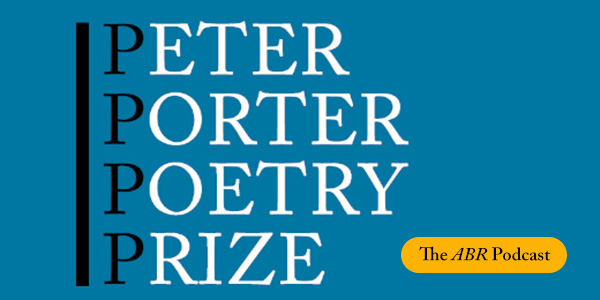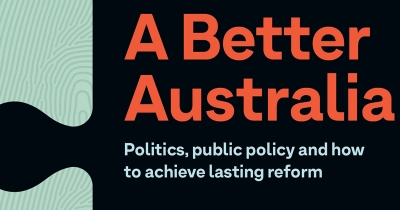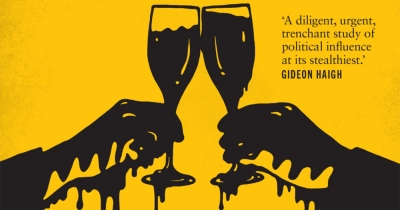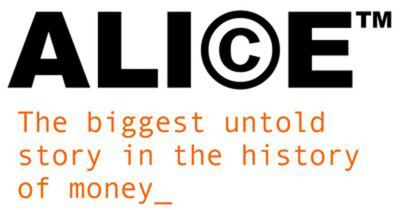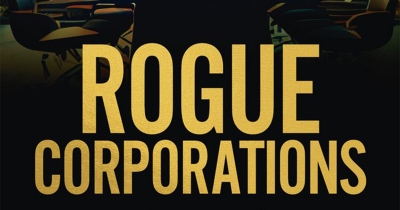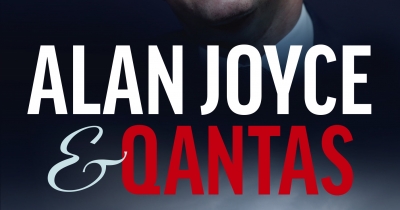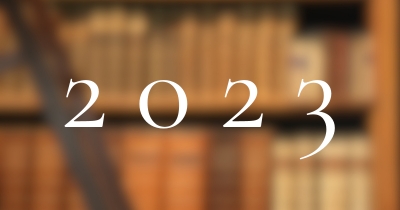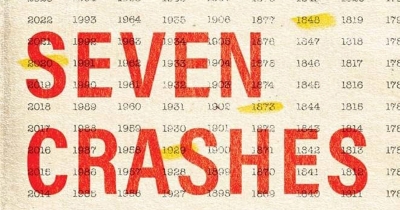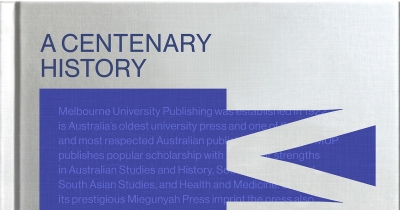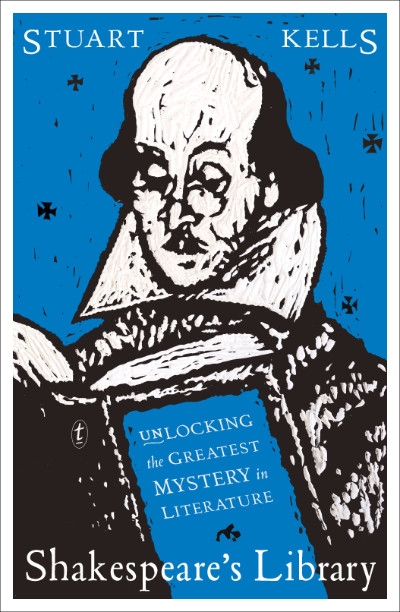Accessibility Tools
- Content scaling 100%
- Font size 100%
- Line height 100%
- Letter spacing 100%
Stuart Kells
The ABR Podcast
Released every Thursday, the ABR podcast features our finest reviews, poetry, fiction, interviews, and commentary.
Subscribe via iTunes, Stitcher, Google, or Spotify, or search for ‘The ABR Podcast’ on your favourite podcast app.
2025 Peter Porter Poetry Prize Shortlist
Read by the poets
This week on The ABR Podcast we feature the 2025 Peter Porter Prize shortlisted poems, as read by the five poets, published in the January-February issue of ABR.
Recent episodes:
A Better Australia: Politics, public policy and how to achieve lasting reform by John Brumby, Scott Hamilton, and Stuart Kells
Slick: Australia’s toxic relationship with big oil by Royce Kurmelovs
Alice™: The biggest untold story in the history of money by Stuart Kells
Rogue Corporations: Inside Australia’s biggest business scandals by Quentin Beresford
This week on the ABR Podcast we look at Qantas with business writer and historian Stuart Kells. In his review of Alan Joyce and Qantas: The trials and transformation of an Australian icon by Peter Harbison, Kells notes that the company’s declining reputation extends beyond the area of substandard customer service. Stuart Kells is Adjunct Professor at La Trobe Business School and has twice won the Ashurst Business Literature Prize. Listen to ‘Fasten your seatbelts: Turbulent times at Alan Joyce’s Qantas’, published in the January-February issue of ABR.
... (read more)Alan Joyce and Qantas: The trials and transformation of an Australian icon by Peter Harbison with Derek Sadubin
What the authors of these three wildly different books share is a gift for creating through language a kind of intimacy of presence, as though they were in the room with you. Emily Wilson’s much-awaited translation of The Iliad (W.W. Norton & Company) is a gorgeous, hefty hardback with substantial authorial commentary that manages to be both scholarly and engaging. The poem is translated into effortless-looking blank verse that reads like music. The Running Grave (Sphere) by Robert Galbraith (aka J.K. Rowling), the seventh novel in the Cormoran Strike crime series and one of the best so far, features Rowling’s gift for the creation of memorable characters and a cracking plot about a toxic religious cult. Charlotte Wood’s Stone Yard Devotional (Allen & Unwin, reviewed in this issue of ABR) lingers in the reader’s mind, with the haunting grammar of its title, the restrained artistry of its structure, and the elusive way that it explores modes of memory, grief, and regret.
... (read more)
